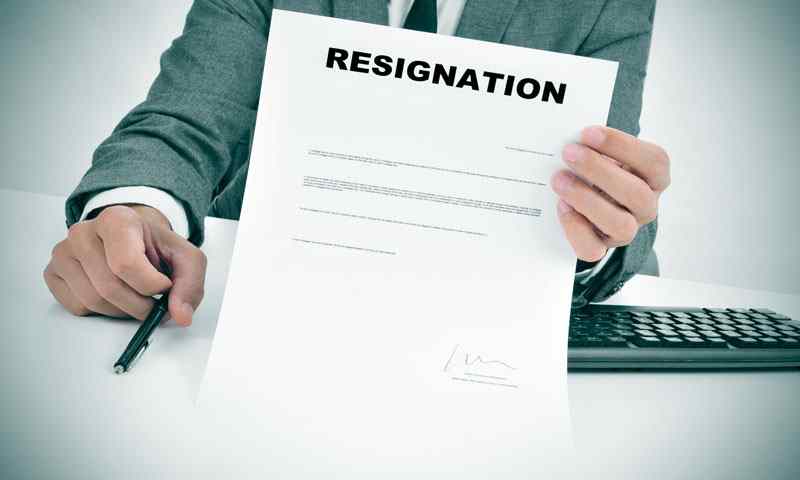The United States is pushing measures to close tax evasion loopholes with global co-operation at the G-20 summit in Sydney, Australia, where the group of 20 advanced and emerging economies are meeting. The U.S. is bent on reducing the loopholes used by MNCs to avoid tax.
Just ahead of the weekend meeting, U.S. Treasury Secretary Jack Lew made a statement calling for tax harmonization and insisted that all nations give priority to automatic exchange of information as a global standard. The move is also seen to help U.S. implement the FATCA.
The Australian Finance Minister Joe Hockey announced along with Lew that Australia has struck a deal with the United State’s Foreign Account Tax Compliance Act (FATCA) to target “non-compliant” U.S. taxpayers using bank accounts in Australia.
Lew told the media, “The G20’s work on tax cooperation is among our most important new initiatives.” The host country, Australia, is also pushing hard for reform to reduce global tax havens and reduce ways by which multinationals avoid paying tax. Australia is heavily dependent on corporate tax receipts.
While big companies like Apple and Google say they follow existing tax rules and the billions of dollars they avoid from paying in taxes is dependent upon fully legal structures – the U.S. and other countries are pushing to have those existing laws changed.
Christine Lagarde, the Chief of International Monetary Fund observed that digitized businesses like Google and Apple were creating a “big ongoing problem” with contrived structures. Lagarde stressed that a radical rethinking of international tax arrangements was required and governments needed to consider intangible products and services in cases where the locality of the service center or headquarters is was difficult to pinpoint.
Lagarde said that governments “have to invent new concepts just as quickly and as well as those companies are inventing their optimization schemes.”
OECD Director-General Angel Gurria made it clear to the media, “This is not against multinationals … Multinationals have to have legal assurance that they’re not going to be double-taxed, but they have to contribute; their fair share has to be put on the table.”










































